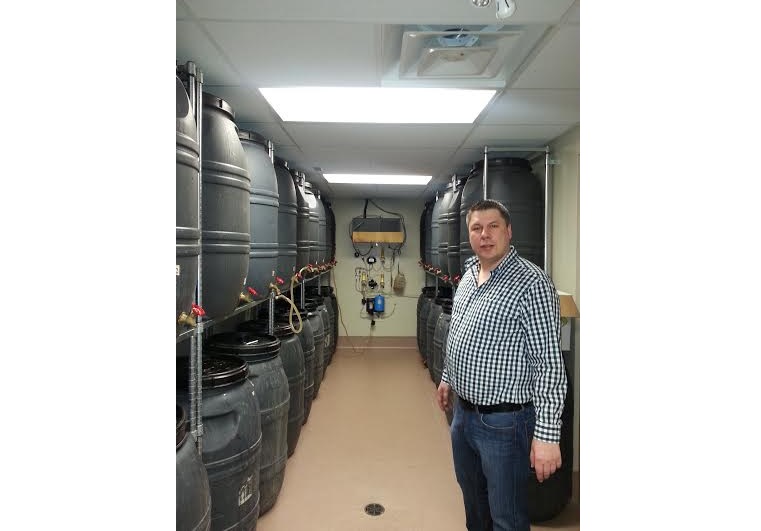
It might seem that a drink is the last thing a homeless alcoholic needs from a shelter. But a network of programs in Canada is showing that a regular, measured dose of wine can be the first step towards stability for hard-core alcoholics.
Ottawa Inner City Health, which counts one of Canada's most eminent physicians among its founders, works with the tiny group of men and women who are the city's hardest to treat and most costly citizens. From the moment they wake up, they are consumed with one thought: where can I get a drink? And they are so desperate they will settle for Listerine, antifreeze or hand sanitizer.
For years, in some cases decades, these men and women have been daily visitors to Ottawa's crisis centers: shelters, emergency rooms and jails. But their underlying problems have been ignored. Inner City Health has succeeded in getting them the real care they need because it doesn't require abstinence. Instead, between 7:30am and 9:30pm, residents get an hourly dose of wine.
Inebriation is not allowed. But the wine manages cravings, allowing the residents to end the quest for alcohol that consumes their days, and focus on taking care of their health and rebuilding their lives. The program, called Managed Alcohol, greatly improves the client's health, cuts their drinking, and saves the city money. Managed Alcohol programs are now in or coming to ten Canadian cities, demonstrating the value of a revolutionary strategy for saving some of the world's most difficult-to-help people.



